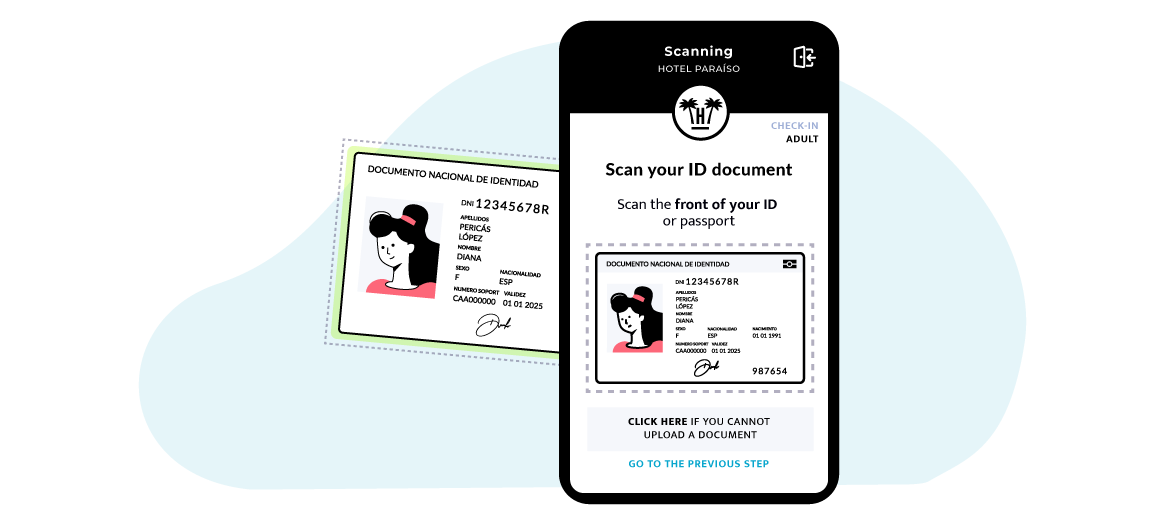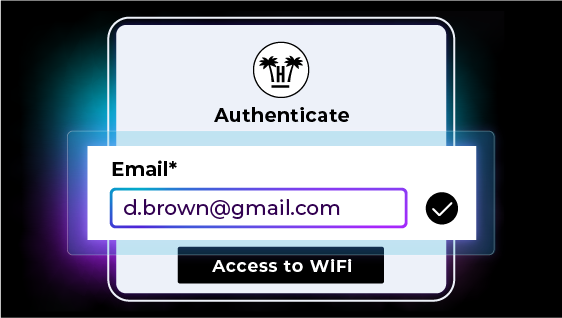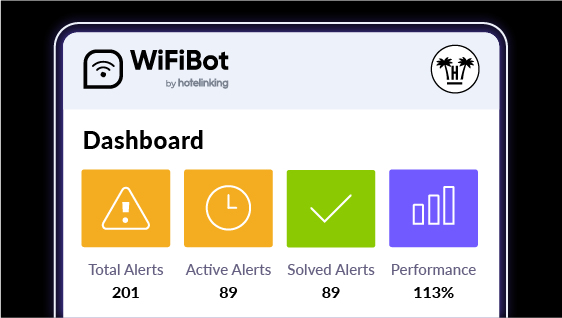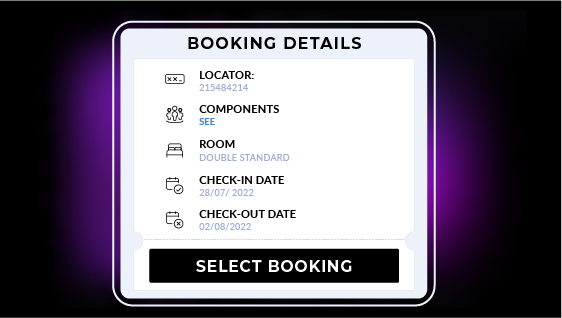
How can the new documentary registration and reporting obligations affect our hotel?
The new RD 933/2021 establishes new obligations for guest registration and notification to the authorities.
The new regulation has come as a bit of a shock to the sector. It is no surprise, because it entails the obligation to collect data exhaustively, much of which was not previously necessary for the purposes of passenger registration.
The Royal Decree establishes entry forms with a large number of fields to be filled in, many of them of a sensitive nature and concerning the economic transaction.
This is undoubtedly an added complication for the hotelier as the tourist does not always contract directly with the property. So you may not know the details of the payment transaction if customers come through third parties. Besides, it will mean a significant increase in administrative work for the front desk, which may have to deal with guests’ reluctance to provide some data.
What does the Royal Decree regulate?
Its objective is to regulate the documentary registration and information obligations provided for in the regulations for the protection of public safety for natural or legal persons who carry out, professionally or otherwise, activities of accommodation or rental of motor vehicles without drivers.
It modifies the regulations in force to date in terms of guest registration and communication to authorities for all types of accommodation or tourist properties in Spain, and therefore affects the information that must be collected and kept from guests during check-in.
When does it come into force?
Initially, the registration obligations were to enter into force on 27/04/2022 and the reporting obligations on 2 January 2023.
However, according to Hosteltur “due to pressure from tourist properties associations, both hotel and any other type, the Secretary of State for Tourism has informed that the Secretary of State for Security has communicated that the databases required by the Royal Decree will not be active until 1 January 2023, so that the registration obligations are postponed until then”.
The Secretary of State for Security justifies this postponement for technical reasons, specifically because they do not have the necessary IT resources and infrastructure to collect the information received from the lodging companies.
What are registration obligations?
According to Article 5 of the Royal Decree, a computerised record must be kept of guests’ details, including details of children under 14 years of age. They must be kept for a three year period starting on the day the service ends.
In addition, the check-in forms for the use of the lodging facilities must be signed by all persons over fourteen years of age using the accommodation facilities, in accordance with the system and model established. In the case of persons under fourteen years of age, their data will be provided by the person of legal age with whom they are staying.
Attention should be paid to the fact that registration must be computerised and not on physical media, and that it is mandatory to collect data from all guests, including minors.
What data should be collected?
The data to be provided in the exercise of the activity of accommodation and which the Royal Decree specifies in Annex I are:
1. Business details of the lessor
a) Holder name or business name.
b) CIF or NIF.
c) Municipality.
d) Province.
e) Landline and/or mobile phone.
f) E-mail address.
g) Company website.
h) Url to identify the advertisement.
2. Property details
a) Property type.
b) Name.
c) Full address.
d) Postcode.
e) City and province.
3. Traveller data
a) Name.
b) First surname.
c) Second surname.
d) Gender.
e) Identity card number.
f) Document support number.
g) Type of document (ID card, passport, TIE).
h) Nationality.
i) Date of birth.
j) Place of usual residence; – Full address; – Town; – Country.
k) Landline telephone.
l) Mobile phone.
m) Email.
n) Number of travellers.
o) Relationship between the travellers (in the case of minors).
4. Transaction data
a) Contract details – Reference number – Date – Signatures.
b) Contract performance data – Date and time of check-in – Date and time of check-out.
c) Property details – Full address – Number of rooms – Internet connection (yes/no).
d) Payment details – Type (cash, credit card, payment platform, transfer, etc.) – Identification of the means of payment: card type and number, IBAN, bank account, mobile payment solution, other – Holder of the means of payment – Card expiry date – Date of payment.
What are communication obligations?
According to Article 6, prior to the commencement of activity, the competent authorities must be notified of the property details at least ten days before the commencement of activity.
In the course of the lodging activity, traveller and transaction data must be transmitted to the competent authorities. The communication must be made immediately, and in any case no later than 24 hours, respectively, from the following points in time:
a) When making the reservation or contract formalisation or, where appropriate, its cancellation.
b) At the start of the contracted services.
Hotelinking recommendations
The employers’ association assures that it will continue to work to achieve a regulatory text that is in line with the hotel properties’ operation reality, as explained in the aforementioned Hosteltur article. While, the CEOE has precisely created an intersectoral working group to participate in the development of the new regulations.
However, at Hotelinking we believe that now is the time to consider a change in the check-in process to go for the digitisation of the reception and adapt to this regulation that requires a computer record of the guest’s data.
In this sense, our online check-in, Autocheckin, facilitates compliance with this regulation because it allows the presentation and digital signature of the check-in form for all travellers in a reservation, automatically sending the signed document to the hotel’s PMS card index and, in addition, a copy by email to each guest.
At Hotelinking we keep a close eye on developments affecting the tourism sector, paying special attention to changes in regulations, to update our solution and make it as easy as possible for the hotel to comply.
Source:
Royal Decree 933/2021, of 26 October, which establishes the documentary registration and information obligations of natural or legal persons who carry out accommodation and motor vehicle rental activities:





